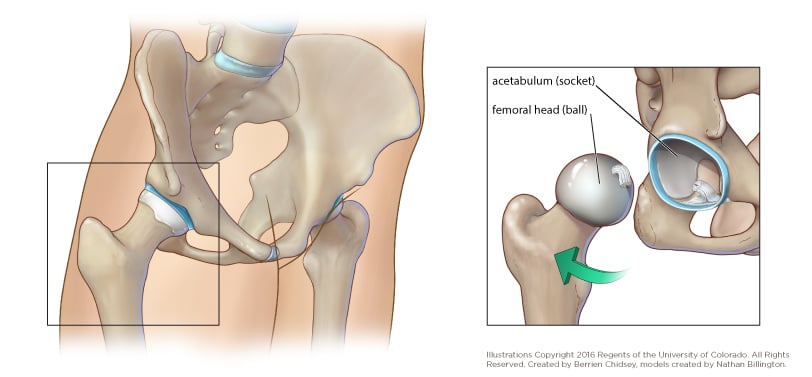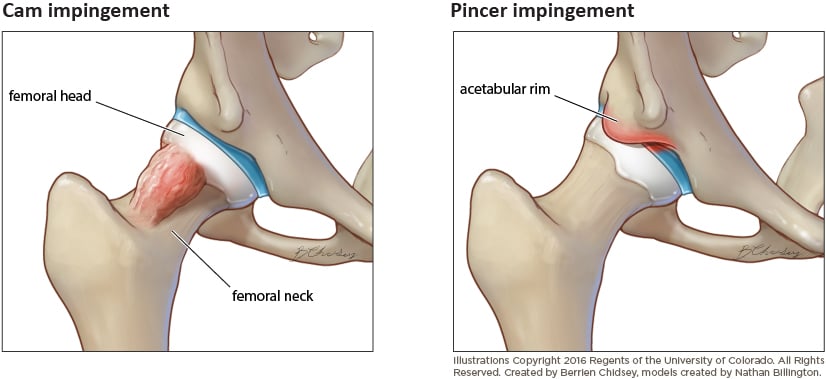- Doctors & Departments
-
Conditions & Advice
- Overview
- Conditions and Symptoms
- Symptom Checker
- Parent Resources
- The Connection Journey
- Calm A Crying Baby
- Sports Articles
- Dosage Tables
- Baby Guide
-
Your Visit
- Overview
- Prepare for Your Visit
- Your Overnight Stay
- Send a Cheer Card
- Family and Patient Resources
- Patient Cost Estimate
- Insurance and Financial Resources
- Online Bill Pay
- Medical Records
- Policies and Procedures
- We Ask Because We Care
Click to find the locations nearest youFind locations by region
See all locations -
Community
- Overview
- Addressing the Youth Mental Health Crisis
- Calendar of Events
- Child Health Advocacy
- Community Health
- Community Partners
- Corporate Relations
- Global Health
- Patient Advocacy
- Patient Stories
- Pediatric Affiliations
- Support Children’s Colorado
- Specialty Outreach Clinics
Your Support Matters
Upcoming Events
Colorado Hospitals Substance Exposed Newborn Quality Improvement Collaborative CHoSEN Conference (Hybrid)
Monday, April 29, 2024The CHoSEN Collaborative is an effort to increase consistency in...
-
Research & Innovation
- Overview
- Pediatric Clinical Trials
- Q: Pediatric Health Advances
- Discoveries and Milestones
- Training and Internships
- Academic Affiliation
- Investigator Resources
- Funding Opportunities
- Center For Innovation
- Support Our Research
- Research Areas

It starts with a Q:
For the latest cutting-edge research, innovative collaborations and remarkable discoveries in child health, read stories from across all our areas of study in Q: Advances and Answers in Pediatric Health.


Hip Preservation Program
Femoroacetabular Impingement (FAI)
Kids aren’t just mini adults. In fact, they’re incredibly different. That’s why they need incredibly different care.

What is femoroacetabular impingement?
If your child is suffering from hip pain it may be the result of a mechanical disorder of the hip joint called femoroacetabular impingement (FAI). A normally developed hip joint is formed by the end of the thigh bone (technically called the femoral head) that normally is shaped as a ball or sphere and the socket (also referred to as the acetabulum) on either side of the pelvic bone. FAI involves abnormal contact between the end of the thigh bone and neck against the frontal part of the hip socket.

FAI may occur from deformities of the femur, which is called cam impingement, or from deformities of the socket which is called pincer impingement. It can also occur in children who suffer from deformities of both the thigh bone and the hip socket simultaneously.
What causes femoroacetabular impingement?
Cam impingement (deformity of the thigh bone) occurs when the abnormally shaped femoral head (ball) and head-neck junction jam, or run into, the hip socket during certain activities like bending over, sitting for long periods of time or riding a bike.
Pincer impingement is caused by direct contact between the femoral head-neck junction and the acetabular rim in conditions where the coverage of the femoral head in the anterior region is excessive (acetabular retroversion, protrusion acetabulum, etc.). Impingement of a child's hip can also be caused due to pediatric hip disorders such as Legg-Calvé-Perthes disease, slipped capital femoral epiphysis (SCFE) or post-traumatic deformities.

Activities such as running, hockey, dancing and gymnastics are not causes of FAI, but because of the increased demand these activities place on the hips, the symptoms of FAI may occur earlier than in less active children.
Who gets femoroacetabular impingement?
Risk factors for developing femoroacetabular impingement:
- Consequence of Legg-Calvé-Perthes altering the shape of the ball and socket of the hip joint
- Consequence of slipped capital femoral epiphysis altering the shape of the femoral head and acetabulum
- Activities involving repetitive motion of the hip (running, weight lifting, ice skating)
- Activities involving extreme flexion of the hip (dance, gymnastics)
- Trauma to the hip
What are signs and symptoms of FAI?
Pain in the groin or hip (front, side and/or back) aggravated by activity and/or prolonged sitting is the most common symptom of femoroacetabular impingement (FAI). Other signs or symptoms include difficulty flexing the hip and popping or clicking of the hip.
What tests are used to diagnose femoroacetabular impingement?
As part of testing for femoroacetabular impingement (FAI), experts at Children's Colorado will discuss your child's complete medical history and do a physical exam to rule out other causes of hip pain. We'll examine your child to see if he or she experiences pain with hip motion, has a limited range of motion in the hip and/or has a history of common symptoms such as groin stiffness or pain.
Our doctors will also do a test called an impingement test, which recreates hip symptoms with motions of flexion, adduction and internal rotation (bringing the knee up towards the chest and towards the opposite shoulder).
Imaging studies are very important for the diagnosis of FAI. A special series of hip X-rays will help our doctors look for signs of hip impingement, such as a non-spherical upper femur or a misshaped hip socket. Other common tests are the CT scan (or CAT scan) and MRI. A CT scan helps doctors see mild hip deformities that are less evident on an X-ray. An MRI of the hip is used to help establish the FAI diagnosis, look for other causes of pain, and analyze the stage of injury to the acetabular labrum and cartilage.
Why choose Children's Colorado for femoroacetabular impingement tests?
In our Hip Program at Children's Colorado we have orthopedic providers subspecialized to work specifically with hips. We use X-rays, CT scans and MRI to determine a diagnosis. The hospital has a special MRI technique called a dGEMRIC (delayed gadolinium enhanced magnetic resonance imaging of the cartilage) which provides the doctor with a more accurate measurement of the health of the cartilage in the hip. In treating FAI it is important to understand if the cartilage is damaged and the extent of the damage.
What to expect from these tests
X-rays are taken up in clinic during your visit with the provider. CT and MRI scans are performed in the Radiology Department. The CT Scans take approximately 15 minutes to complete. The MRI in patients older than six years old is typically not a sedated procedure and lasts approximately forty-five minutes to one hour. The dGEMRIC MRI requires IV placement of contrast before the scan is done. Feel free to have your child bring a movie or music and wear comfy clothes during the MRI.
How do providers at Children's Colorado make a diagnosis?
Our providers are able to form an individualized diagnosis based on patient history, findings from the physical examination and results of the ordered imaging studies.
How is femoroacetabular impingement treated?
The first treatment recommended by doctors at the Hip Program at Children's Colorado is physical therapy and activity modification (stopping any activities that cause pain). If your child's pain continues after a period of rest and therapy, an intra-articular injection (shot inside the joint) of numbing medication and a steroid is sometimes recommended. An injection helps clarify if the pain is coming from the joint or the surrounding muscle.
If rest and therapy don't eliminate your child's pain, surgical options may be discussed with your hip specialist. The goal of surgery is to correct the femoral head (ball) and/or acetabulum (socket) to decrease the bone impingement and prevent further damage to the cartilage.
Why choose Children's Colorado for your child's femoroacetabular impingement?
By working together as a team, we are able to develop a comprehensive approach to both patient diagnosis and individualized treatment plans. Specialists from our Hip Program offer a broad range of options for our patients. The program includes experts in the fields of rehabilitation, physical therapy, rheumatology, anesthesiology and pain.
With a sole focus on hip disease in young patients, our Hip Program is nationally recognized for excellence in hip surgeries, and our doctors educate healthcare providers around the nation on hip diseases and surgery. Our goal is to provide our patients with options for pain control, function improvement and preservation of the hip joint.
Next steps
-
Would you like to learn more about us?
Learn more about the Hip Preservation Program -
Do you need an appointment or have a question?
720-777-6600 -
Are you ready to schedule an appointment?
Schedule an appointment

Compassionate care, wherever you are
We’re here when you need us. Telehealth appointments are available across every specialty, so you can get the high-quality care we’ve always offered from the comfort, privacy and convenience of home.
See if telehealth is right for you
Get to know our pediatric experts.

Robin Peterson, PhD
Neuropsychology, Neuropsychology - Pediatric
Patient ratings and reviews are not available Why?


Cailin Delaney, PA-C
Physician Assistant

Aubrey Armento, MD
Pediatrics, Sports Medicine



 720-777-0123
720-777-0123




